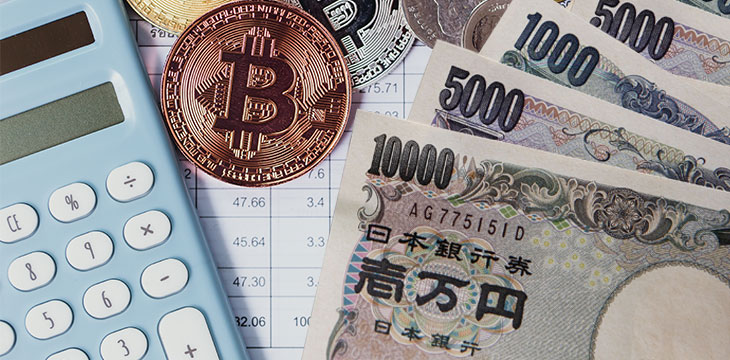|
Getting your Trinity Audio player ready...
|
Following the introduction of more stringent regulations over cryptocurrency exchanges in Japan, most companies looking to grab a piece of the action in the country find it easy to abide by the rules. After all, the regulatory framework only contains five clear, easy-to-follow points. One exchange, however, is about to be the first to be rejected, and with very good reasons.
The Yokohama-based FSHO exchange has previously been suspended from conducting crypto-related activities twice. It has also received two business improvement orders issued by the Financial Services Agency (FSA) that demand certain changes to business operations) and is still failing in its ability to comply with regulations. According to a report by the Nikkei media outlet, “The decision follows the ministry’s conclusion that Yokohama-based FSHO lacks the necessary systems to operate its business…By barring an exchange operator that it has found to be substandard, the agency aims to demonstrate its determination to re-establish a sound currency trading environment in Japan.”
FSHO has been allowed to operate a cryptocurrency exchange while its application was being reviewed. Dubbed a “deemed dealer,” there are 16 similar exchanges operating under the same guidelines. According to the FSA, however, eight of these have said that they intend to withdraw their applications.
There are now 16 licensed exchanges operating in Japan. Another 100 are looking to get in, including Coinbase, Yahoo! Japan and Line Corp.
FSHO is one of only two firms to receive FSA punishment orders. It received its first on March 8 and the second only a month later on April 6. The other exchange to receive an order was Coincheck, the exchange that was hacked in January of this year.
In March, FSHO saw all of its operations suspended by the FSA until April 7. The company was ordered to correct four deficient areas of operations, including the lack of a “position to securely manage user information.” The improvements were to be presented to the FSA by March 22.
The following month, with its second order, the exchange was once again forced to shut down activities. This time, the suspension would last for two months, with the possibility of operations starting up again on June 7. Whereas the March business improvement order contained four deficient areas, the April order contained five. The FSA ordered the exchange to establish “an effective management system including money laundering and terrorist financing,” as well as a risk management system. The FSA gave FSHO a deadline of May 7 to have the new guidelines ready.
According to the latest FSA review, the agency found that “the exchange did not sufficiently verify the identity of customers in transactions where crime is suspected, or in cases where customer deposits may be diverted,” according to the Nikkei report, which added, “The suspension period is due to end Thursday, after which the agency will bar the exchange from operating and deny its registration.”

 03-05-2026
03-05-2026 




